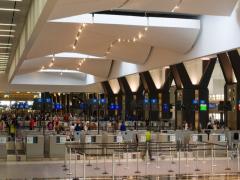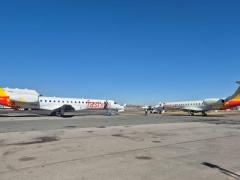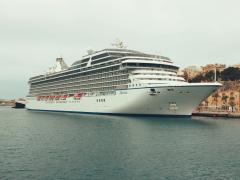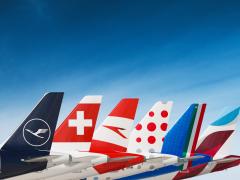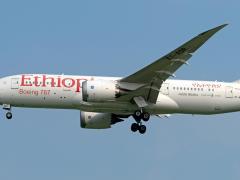THE increasing number of airlines
refusing to refund fuel surcharges
or ‘carrier-imposed’ surcharges
(see TNW August 10) has exposed a
possible contradiction in suppliers’
cancellation policies and the Consumer
Protection Act.
Carla da Silva, Air Mauritius regional
manager Southern Africa and Latin
America, says the CPA makes reference
to government taxes being refunded
and, as such, the airline refunds all
taxes, including the fuel surcharge, in
order to ensure compliance.
Ceo of Asata, Otto de Vries, says
there is no such thing as a nonrefundable
ticket in terms of the
CPA. He says section 17 deals with
consumers’ rights to cancel advance
reservations, bookings or orders.
The Act says a supplier that makes a
commitment or accepts a reservation
to supply goods or services at a later
date may impose a reasonable charge
for cancellation unless the consumer is
unable to honour the booking because
of death or hospitalisation.
“Consumers may cancel and the
airline may then charge a reasonable
cancellation fee,” says Trevor Hattingh,
media liaison officer and spokesperson
of the National Consumer Commission
(NCC).
Advocate Louis Nel says, in terms
of Section 17, a cancellation fee is
determined to be reasonable using four
guidelines – the nature of goods or
services booked; the length of notice of
cancellation provided by the consumer;
the reasonable potential for the service
provider to find an alternative consumer
between the time of receiving the
cancellation notice and the time of the
cancelled reservation; and the general
practice of the industry in question.
This practice has never been
challenged, says Otto, and at the
moment the travel industry is acting
in a void. He explains that, because
the CPA is very broad, each industry
is required to prepare its own set of
consumer-focused codes relevant
to that sector. “The set of codes for
the airline industry is still in draft
form and has not yet been delivered
to the consumer,” says Otto, adding
that, because agents sell the airline
industry’s product it then becomes
difficult for agents to define their own
codes when it comes to issues such
as refunds and the like.
While resource challenges have not
yet permitted Asata to take it before
the NCC, Otto says it is
only a matter of time
before the association
raises the issue.
For the time being,
the association has
approached several airlines
directly to engage with
them as partners prior to
going to the NCC.
TNW asked the NCC
under which circumstances
it would consider
investigating the issue of
non-refundability of tickets,
fuel surcharges or carrierimposed
surcharges on
‘non-refundable’ tickets,
but the commission was
unable to respond by the
time of publishing.
